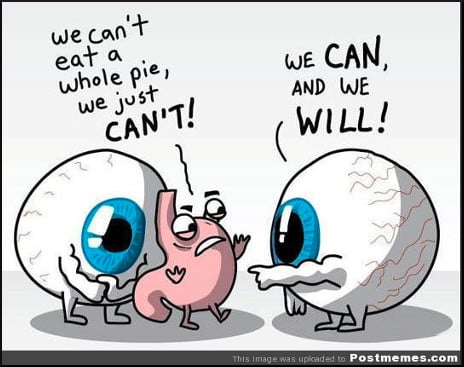In his Huffington Post article, Dr. Pretlow mentioned that although bariatric surgery has been successful for some teens, there are inevitable risks, and when the long-term outcome is considered, there is a 20% – 30% failure rate. Even this is not certain, because it depends on how failure is defined, and even more important, it depends on how “the long term” is defined. Since the use of these surgical procedures for teenagers is a relatively recent phenomenon, not enough time has passed to provide a real grasp of the possible outcomes.
Failure comes in two forms: either no significant amount of weight loss takes place, or an initial weight loss goes into reverse and the pounds return. Relative to this discouraging situation, Childhood Obesity News looked back at an important historical document, the piece Debra Sherman did for Reuters in 2010. It included a comprehensive overview of the state of the art in those days. If bariatric surgery was deemed necessary for an adolescent, popular opinion held that the gastric band was the best option, because it is reversible.
To make most of the stomach unavailable is an extreme step, especially in the type of surgery where the unwanted part is permanently removed. But as we have seen, with the lap-band method the larger portion of the stomach is not surgically removed, but merely cordoned off with a very small (adjustable) opening remaining. So it has the capacity to be undone, which is a big plus.
Still, negative elements are present. For instance, there is “symmetric pouch dilation,” a formal way of saying the person has stretched out the tiny pouch that she or he is supposedly confined to. The stomach, like other types of human flesh, can be quite malleable. If the post-surgical patient ignores the discomfort of a full stomach and continues to eat, the organ will enlarge to accommodate the resulting demand for extra space. In one study, this happened with more than 1 out of 5 adolescent patients. Sherman pointed out the problem:
Gastric banding demands that teens do something they often aren’t very good at—sticking to a rigorous follow-up routine.
In support of that sentiment, she quoted Dr. Roberta Maller Hartman, who said:
The band doesn’t reduce the desire to eat emotionally. That has to be addressed. Teens tend to need more hands-on, one-to-one support.
How might the earlier, pioneering attempts at bariatric surgery for teens have been affected if all the young patients had W8Loss2Go available to them? They might have found it much easier to adhere to the difficult post-op routine, in a circumstance where that post-op routine never comes to an end, but continues to be necessary for the remaining years and decades of their lives.
Because five years ago, there was even less information available on long-term outcomes, the existing data counted for more, and according to some experts at the time, the lap-band method was even less effective for teens than for adults, and created more problems for teens than it did for adults. As Dr. Pretlow observed, for a while there it looked as if the health profession had written off young people, leaving morbidly obese teens with only two options, so the choice was between a residential addiction recovery program and a surgical procedure that did not appear very promising.
Your responses and feedback are welcome!
Source: “Eating Addiction: There’s an App for That,” HuffingtonPost.com, 09/11/15
Source: “Special Report: Targeting Teens for Gastric Bands.” Reuters. com, 07/26/10
Image by Post Memes


 FAQs and Media Requests:
FAQs and Media Requests: 











